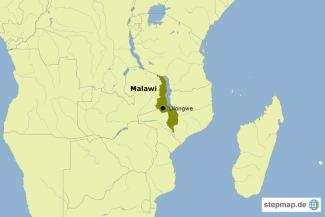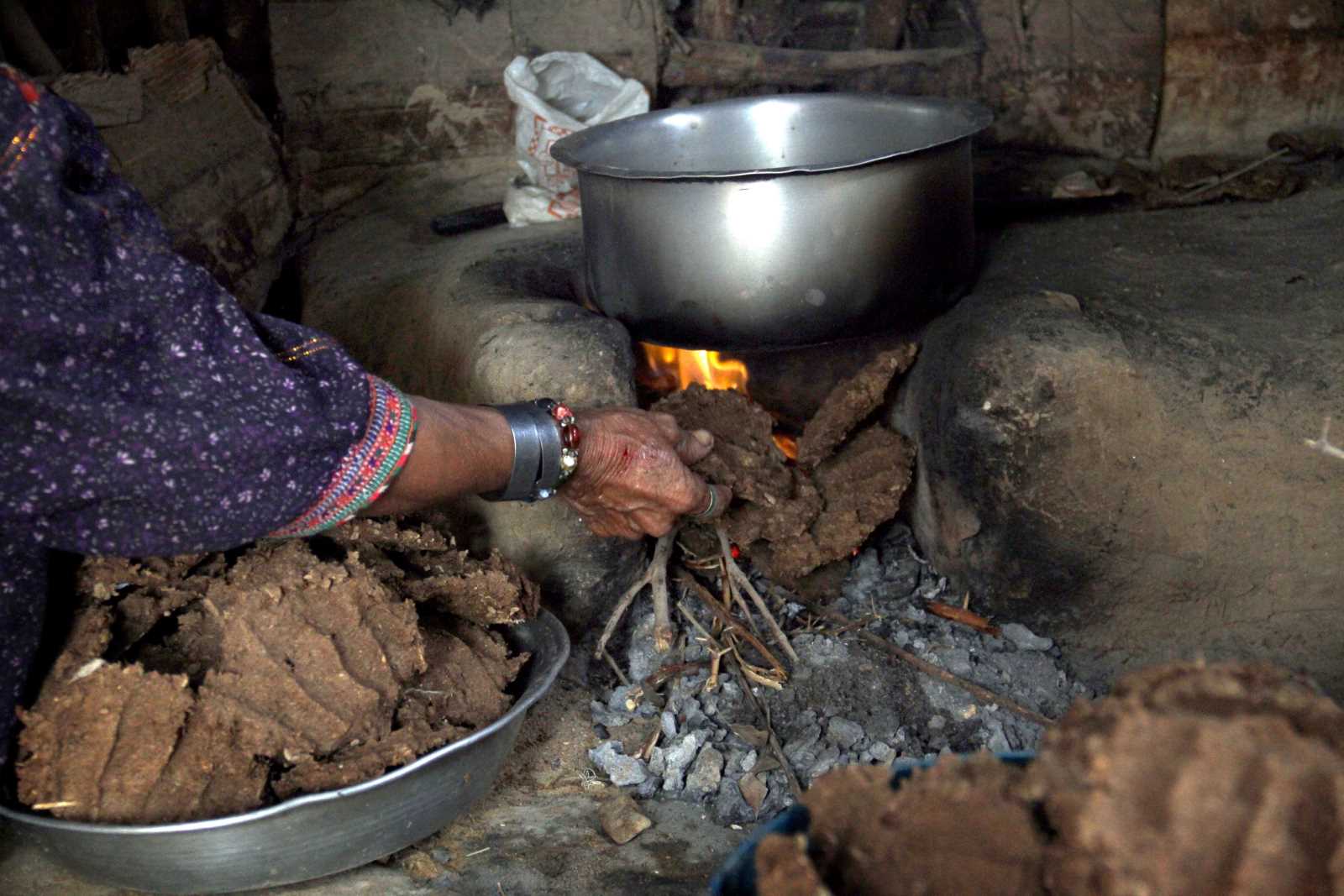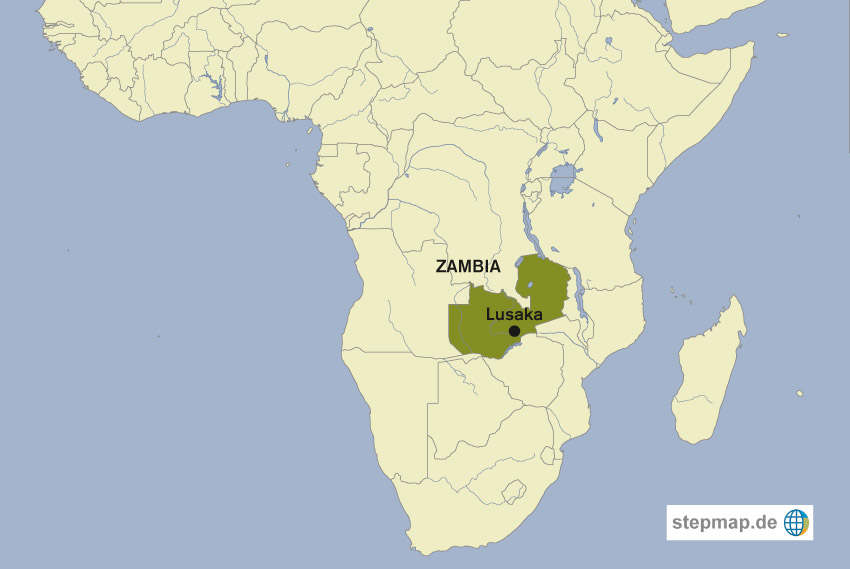Child labour
No more children in the tea estates

Data and analysis by the International Labour Organization (ILO) show that over 2 million under-age children (5 to 14 years) are involved in child labour in Malawi. Almost 68 % of these are working in the agricultural sector mainly on farms, 1.4 % are working in the industry sector in activities like brickmaking and construction, 30 % are in varied activities such as vending, begging, ganyu (a form of casual labour) and domestic work in third-party homes.
Various factors account for this high number of children in active labour. Many of the child labourers come from poor families that cannot send them to school. They are left with the option of working on the farms alongside their parents. Malawi’s 2018 housing and population survey indicated that half of its 18.6 million people are poor. Around 20 % of these are living in extreme poverty.
In 2020, at the height of the Covid-19 pandemic, the ILO partnered with the Tea Association of Malawi to design and implement measures and programmes to end child labour in the sector. As the two-year partnership comes to an end, stakeholders confirm that progress has been made. Today, many tea-farm owners are aware of the legal ramifications of employing under-age children.
An executive member from the Tea Association who prefers anonymity admits that tea estates were very notorious for employing minors, some of whom even ran away from schools. “Poverty is one of the contributing factors. Many children work in the farms because they want to support their families with incomes. But today we are saying “no” because it is not good to have children working in tea estates,” he says.
Cecilia Bizeti, a mother of five children and an employee at one of the tea estates, says that allowing children to work in very hard conditions is not acceptable. She admits that children used to work in the tea estates “but the situation is improving these days with children now forbidden from working on tea estates.”
Bizeti affirms that local leaders have taken on the campaign to monitor the situation. In villages, the chiefs are telling their people not to allow their children to work in the agriculture sector. “We do not allow our children to work but because of poverty you will still find some parents sending their children to work in those harsh conditions to raise money for their up-keep,” she adds.
Labour Minister Vera Kamtukule recently told local media that the government is working hard to ensure that child labour becomes a thing of the past. However, the picture looks gloomy as Covid-19 shocks push more people into poverty. The resulting inflation and socioeconomic hardships may unfortunately see more underage children being pushed into the labour market.
Raphael Mweninguwe is a freelance journalist based in Malawi.
raphael.mweninguwe@hotmail.com












